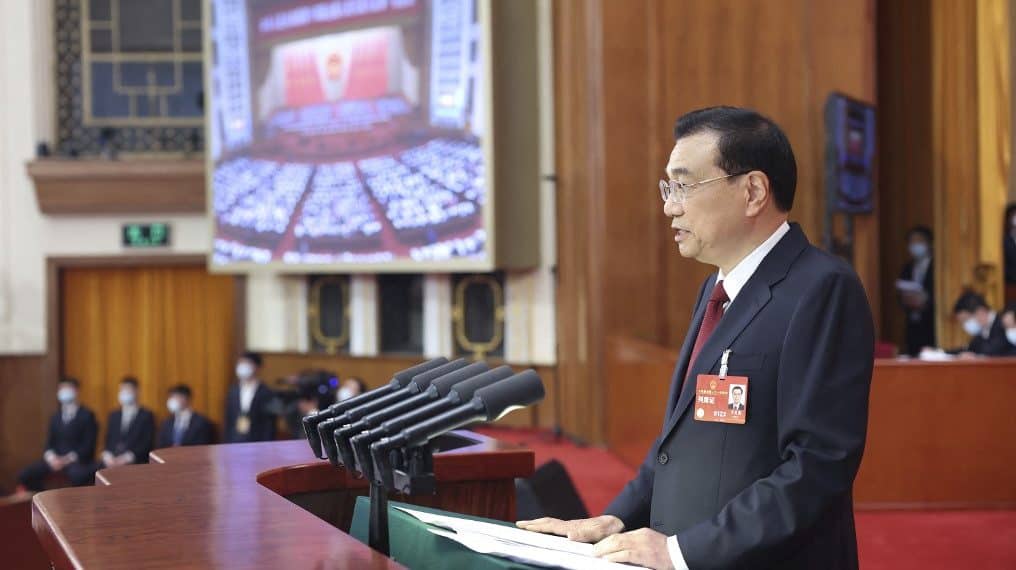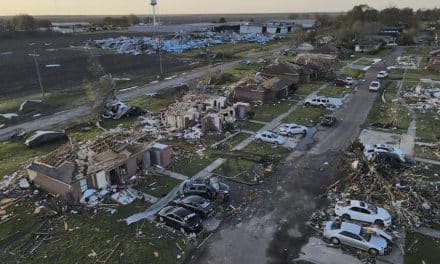China is increasing its defense spending by 7.2% due to the rising tensions and global uncertainty, said Prime Minister Li Keqiang at the opening of the National People’s Congress annual session on Sunday in Beijing.
According to the plans, China will spend ¥1.55 trillion on military development in 2023, which is roughly twice the amount spent in 2013. The World Bank stated that China spent 1.7% of its gross domestic product (GDP) on its armed forces in 2021.
Li also called for the modernization of the armed forces, strengthening of their combat readiness, and improvement of their military capabilities in front of the 3,000 attendees. A spokesperson for the National People’s Congress justified the increased spending due to complex security challenges and China’s great power responsibility.
Many in the international community are concerned about the developments taking place in the Chinese military, especially after Beijing’s increasingly threatening behavior towards Taiwan and its disputed territorial claims in the East and South China Seas.
Li Keqiang clearly stated his opposition to Taiwan’s independence and advocated for peaceful reunification.
“We, the Chinese on both sides of the Taiwan Strait, are one family connected by blood,” he said.
China regards Taiwan, which has had its own government since 1949, as part of its own territory with strategic importance. Tensions between the two sides have escalated recently, and the international community fears that China may follow Russia’s example in Ukraine and take similar steps with regards to Taiwan. In response to US House Speaker Nancy Pelosi’s visit to the island, China held large-scale military exercises around Taiwan in August last year.
Taiwan responded to Li Keqiang’s remarks by stating that Beijing should recognize that there is no superior-inferior relationship between the two sides of the Taiwan Strait and respect Taiwan’s commitment to sovereignty, democracy, and freedom. The Taiwanese government added that it would be better for Beijing to approach the Taiwan issue pragmatically, acting reasonably and creating the conditions for healthy interaction based on reciprocity and respect.
Li Keqiang outlined China’s economic goals for this year in his speech. The Prime Minister signaled a growth rate of around 5%. The government had set a growth target of 5.5% in the previous year, but the coronavirus pandemic and lockdowns prevented this from being achieved. As a result, the Chinese economy grew by only 3% last year, the second-worst figure since 1976. The budget deficit target is 3%, while the unemployment rate is expected to be 5.5%, and inflation is expected to be 3%. The priority for this year is economic stability and stimulating consumption. To this end, the government plans to create twelve million new jobs in cities, emphasized Li.





